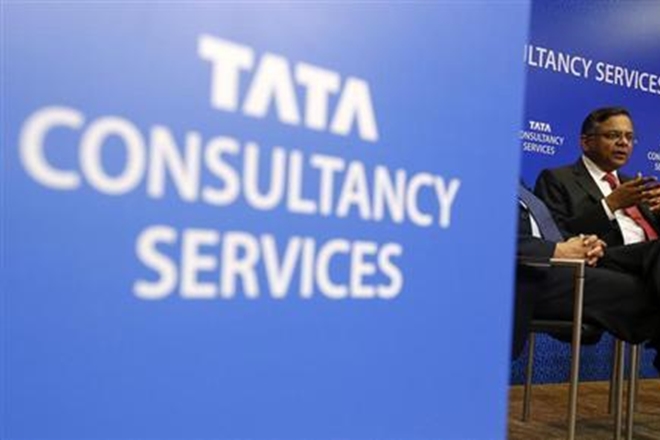Tata Consultancy Services ’ ( TCS ) global report states that 68% of companies use artificial intelligence (AI) for IT functions. However, 70% believe AI’s greatest impact by 2020 will be in functions outside of IT such as aspects of customer service and marketing.
copyright by www.financialexpress.com
 AI is transforming the media industry, using chatbots to deliver services and optimising media buying spends. In India, customers have been able to experience subtle interventions of AI in their day-to-day functions, such as during interactions with their hand held device or recommendations from e-commerce portals and news feeds on their social media. However, the business ecosystem in India is yet to incorporate the full effectiveness of AI. Artificial intelligence has the potential to turn around businesses and their functioning.
AI is transforming the media industry, using chatbots to deliver services and optimising media buying spends. In India, customers have been able to experience subtle interventions of AI in their day-to-day functions, such as during interactions with their hand held device or recommendations from e-commerce portals and news feeds on their social media. However, the business ecosystem in India is yet to incorporate the full effectiveness of AI. Artificial intelligence has the potential to turn around businesses and their functioning.
More than just racing through data
The TCS study further states that 84% of global leaders interviewed felt that AI will bring major transformations in the way they do business. The ultimate aim of AI that remains is to achieve the sophistication of the human brain to soak in data, derive outcomes and make decisions based on empirical evidences. AI can churn huge amounts of data (structured and unstructured) to identify customer motivations and barriers. With an increasing amount of customer interactions, AI systems are based on cognitive learning and will only become sharper and more intelligent in the analytics they provide. This intelligence is going to drive advertisers and marketers to focus more on creating engaging and personalised strategies. AI demands for organisations to think holistically and collaborate across functions.
The start of artificial
Marketers today are faced with greater accountability on budgets, spends and efforts made to impact a company’s market share and customer base. AI has been playing a big role in channelising these efforts by providing objectivity in their choice of actions. Currently, the industry lacks a focussed approach towards measurement and attribution — and I believe AI can play a large role in bridging this gap. As we commence this journey, I would like to point out that a large part of it is going to be self-correcting and self-directing and that’s why it is called the start of artificial. […]
read more – copyright by www.financialexpress.com


Tata Consultancy Services ’ ( TCS ) global report states that 68% of companies use artificial intelligence (AI) for IT functions. However, 70% believe AI’s greatest impact by 2020 will be in functions outside of IT such as aspects of customer service and marketing.
copyright by www.financialexpress.com
More than just racing through data
The TCS study further states that 84% of global leaders interviewed felt that AI will bring major transformations in the way they do business. The ultimate aim of AI that remains is to achieve the sophistication of the human brain to soak in data, derive outcomes and make decisions based on empirical evidences. AI can churn huge amounts of data (structured and unstructured) to identify customer motivations and barriers. With an increasing amount of customer interactions, AI systems are based on cognitive learning and will only become sharper and more intelligent in the analytics they provide. This intelligence is going to drive advertisers and marketers to focus more on creating engaging and personalised strategies. AI demands for organisations to think holistically and collaborate across functions.
The start of artificial
Marketers today are faced with greater accountability on budgets, spends and efforts made to impact a company’s market share and customer base. AI has been playing a big role in channelising these efforts by providing objectivity in their choice of actions. Currently, the industry lacks a focussed approach towards measurement and attribution — and I believe AI can play a large role in bridging this gap. As we commence this journey, I would like to point out that a large part of it is going to be self-correcting and self-directing and that’s why it is called the start of artificial. […]
read more – copyright by www.financialexpress.com
Share this: